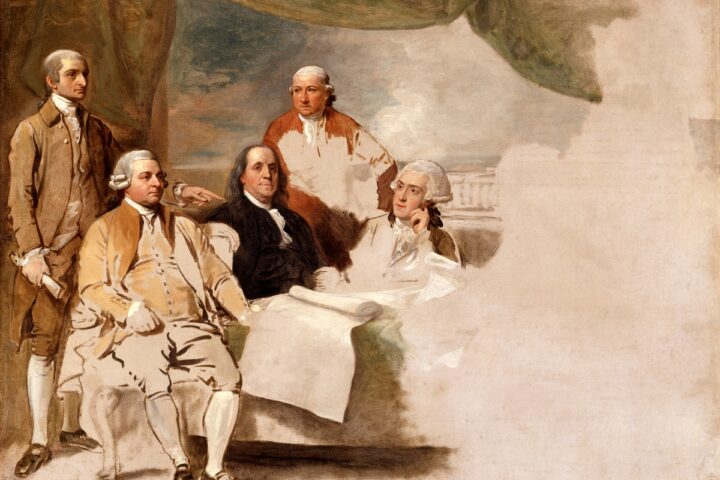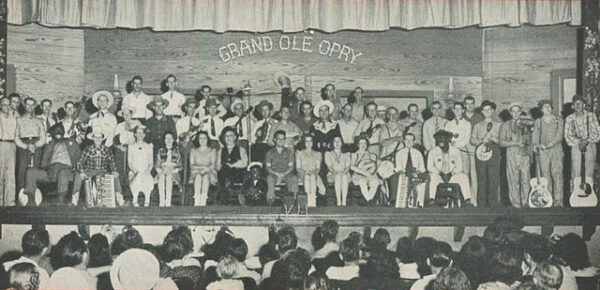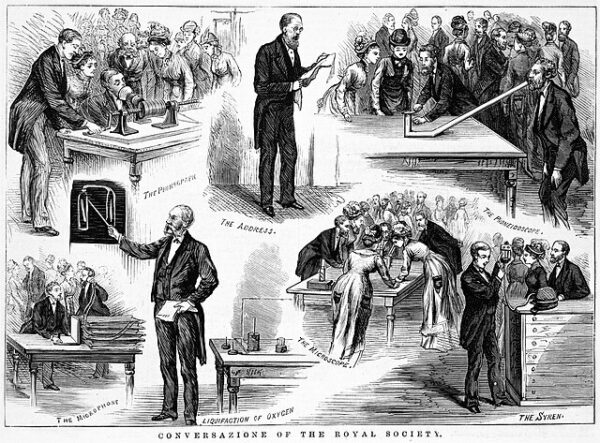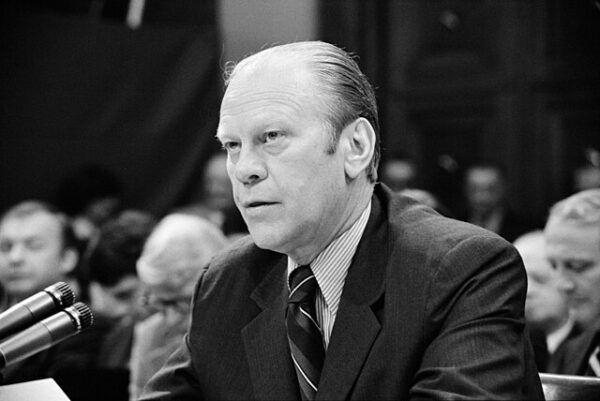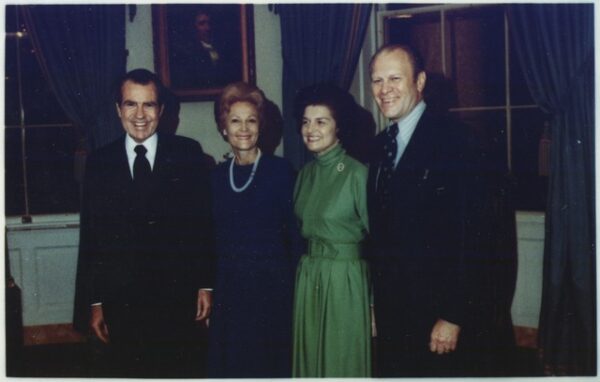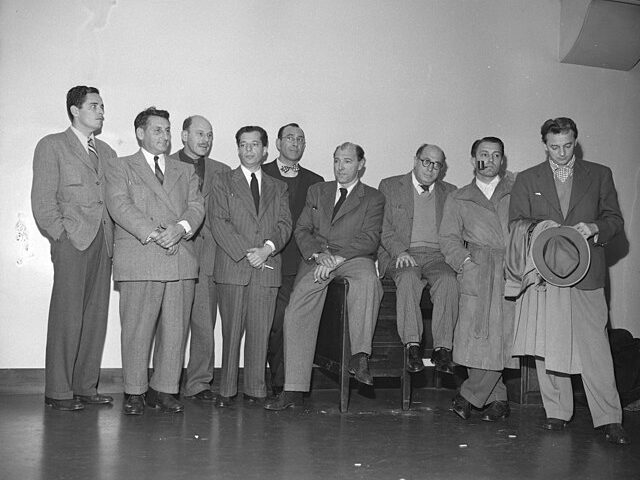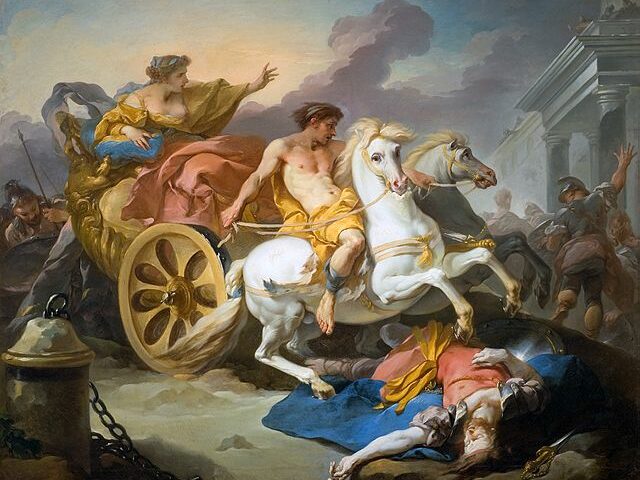The United States became independent on July 4, 1776, but it did not become free from the British until November 30, 1782. The Treaty of Paris, preliminarily signed on that date and sent to both countries for final approval, marked the official end of…
Read MoreOn November 28, 1905, in a packed hall at the Rotunda in Dublin, Arthur Griffith formally launched a political movement that—although modest in its beginnings—would reshape the trajectory of Irish nationalism and ultimately alter the constitutional future of the British Isles. Griffith’s new party,…
Read MoreOn November 28, 1925, a humble radio program launched in Nashville, Tennessee, that would become one of America’s most cherished cultural institutions: The Grand Ole Opry. Originally called the WSM Barn Dance, it began on WSM-AM, a station owned by the National Life and…
Read MoreOn November 28, 1660, the first “learned society” meeting followed a lecture at Gresham College in London by Christopher Wren. Joined by other leading polymaths at the time, including Christopher Wren, Robert Boyle, John Wilkins, and Sir Robert Moray, the group soon received royal…
Read MoreOn November 27, 1973, the United States Senate delivered an overwhelming bipartisan verdict—a 92–3 vote to confirm House Minority Leader Gerald R. Ford as Vice President of the United States—marking the first major invocation of the Twenty-Fifth Amendment’s Section 2 mechanism to fill a…
Read MoreOn November 27, 1973, the Twenty-Fifth Amendment was used for the first time. Gerald Ford’s ascent to the position of Vice President of the United States resulted from the political turbulence that marked the early 1970s. In the aftermath of the Watergate scandal, then-Vice…
Read MoreOn October 3, 1863, amid the turmoil of the Civil War, President Abraham Lincoln issued a proclamation that would establish Thanksgiving as a national holiday in the United States. Lincoln’s declaration designated November 26, 1863, as a day of “Thanksgiving and Praise to our…
Read MoreThe Mars Rover Curiosity, a marvel of modern space exploration, embarked on its journey to the Red Planet with a historic launch on November 26, 2011. Launched as part of NASA’s Mars Science Laboratory mission, Curiosity aimed to unravel the mysteries of Mars and…
Read MoreThe postwar anxiety that had been simmering beneath the surface of American political life hardened into a formal purge on November 25, 1947, when the nation’s major movie studios announced they would no longer employ a group of screenwriters and directors who had refused…
Read MoreServius Tullius, the sixth king of Rome, holds a pivotal place in Roman history for his military achievements, societal reforms, and administrative innovations. Among his many accomplishments, his first triumph over the Etruscans remains a defining moment that showcased his strategic brilliance and leadership.…
Read More

